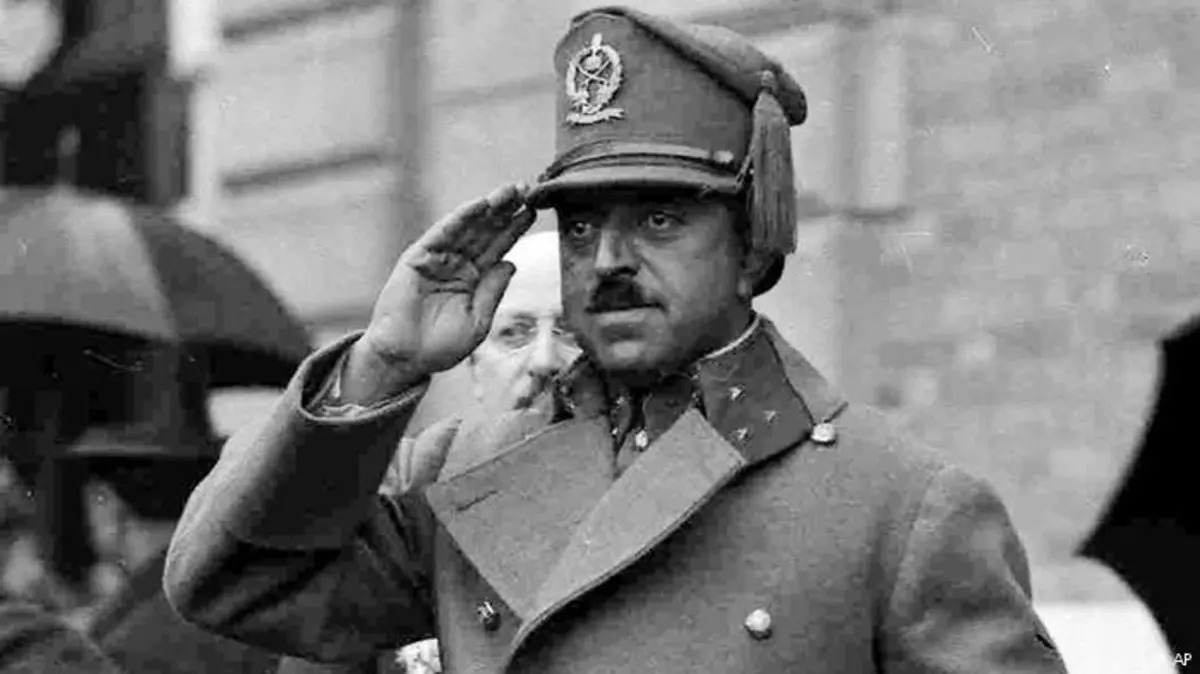August 19, in the year 1919, marked a significant turning point in Afghanistan’s history as King Amanullah Khan boldly declared the nation’s independence, breaking free from British influence and embarking on a path of sovereignty and self-determination.
This declaration came after years of British colonial involvement and the 3rd Anglo-Afghan War.
This war, which broke out in May 1919, served as the backdrop for Afghanistan’s fight for recognition as a sovereign nation. The British Empire, initially hesitant to acknowledge Afghanistan’s independence, eventually realized the resilience and determination of King Amanullah Khan’s forces on the battlefield. This led to the signing of the Rawalpindi Agreement, officially recognizing Afghanistan’s sovereignty and ending British colonial influence.
Under King Amanullah Khan’s rule, Afghanistan underwent transformative political, social, and cultural reforms.
He introduced the country’s first constitution, established a constitutional monarchy, and embarked on educational initiatives, sending both boys and girls abroad for learning.
These progressive steps aimed to modernize Afghanistan and uplift its citizens.
“When King Amanullah declared independence, he was faced with the reaction of the British, and finally, the British understood that they should give in to the peace and truce of the jihad and war that Amanullah had launched against the British and it recognized the independence of Afghanistan,” said university professor Nasrullah Stanekzai.
However, the following century saw Afghanistan grappling with foreign interventions, prolonged wars, and political instability.
Despite being recognized as an independent nation, the country struggled to establish a stable government, and various factions vied for control.
“Now, the system that is ruling today [in Afghanistan] has no legitimacy, it has authority, but it does not have independence in its internal decisions. Because various countries like Iran, Pakistan, and Qatar play a role in decision-making. Therefore, now, we cannot say that the country is independent, but in general, we can say that Afghanistan is an independent country in terms of geography, politics, and population,” said Arain Sharifi, another university professor.
After 100 years of independence from the British Empire, the Taliban also marked this day and while they commemorate Afghanistan’s day of independence, their approach to governance and education diverges significantly from that of King Amanullah Khan.
His vision of educating all girls is in sharp contrast to the Taliban’s exclusion of girls from the education system.





